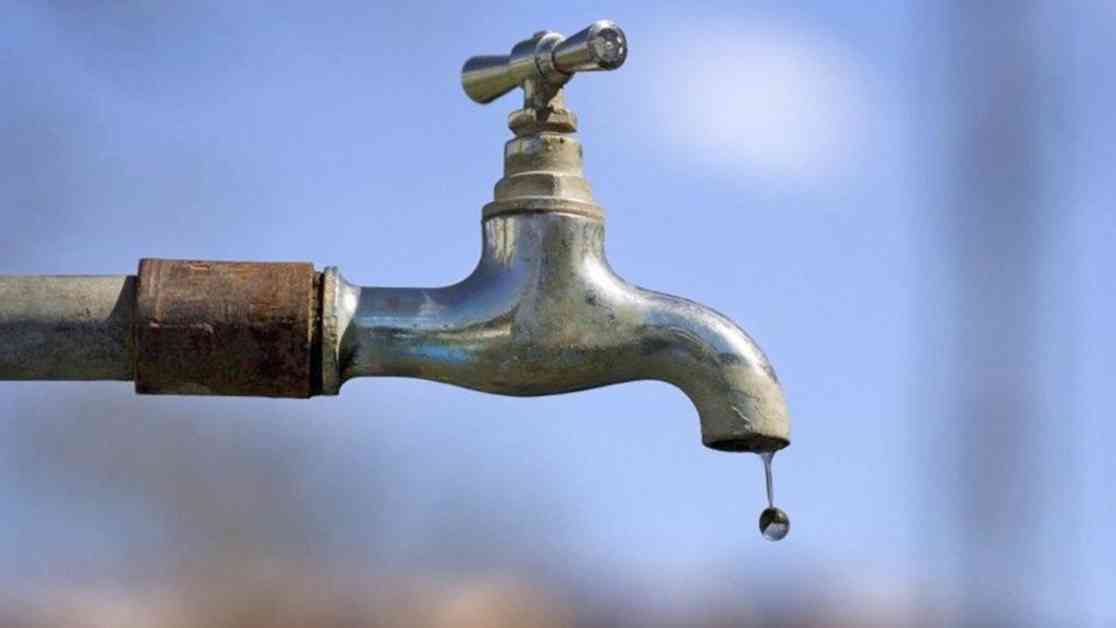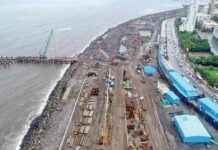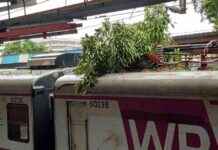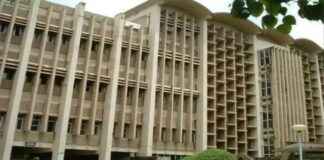Mumbai: Water Woes Continue to Plague the City
In a recent report by the Praja Foundation, Mumbai was revealed to have faced a significant 15% shortfall in its water supply in the year 2024. This shortage was attributed in part to a 9% loss of water during transportation from the catchment areas. The brunt of this water scarcity was felt most by the slum communities in the city, highlighting the unequal distribution of resources among its residents. The report shed light on the stark reality that 9% of the city’s water supply is lost, which equates to one toilet seat per 1,820 women.
Water Supply Woes: Where Did it All Go Wrong?
The report delved into the details of the faltering civic services provided by the Brihanmumbai Municipal Corporation (BMC), the wealthiest civic body in the country. Despite receiving 4,370 MLD (million liters a day) of water, Mumbai loses a staggering 395 MLD due to evaporation and leaks. This non-revenue water (NRW) accounts for a massive 9% of the water being directed towards the city from the catchment areas. The shortfall of 689 MLD disproportionately affects the slum population, with non-slum households typically receiving 135 lpcd (litres per capita daily) compared to the meager 45 lpcd provided to slum dwellers. This disparity not only impacts the daily lives of residents but also increases the financial burden on slum communities, with their water expenses skyrocketing to ₹736 per month if they have to rely on water tankers to supplement the deficit.
Sewerage Struggles: Drowning in Pollution
The woes of Mumbai’s civic services extend beyond water supply, with the city’s sewerage systems facing their own set of challenges. The construction of new sewerage treatment plants (STPs) has been marred by delays, leaving current treatment levels well below acceptable standards. The year 2024 saw a particularly alarming situation, with STPs in Bandra and Worli failing to adequately treat sewage according to pollution norms. These shortcomings were mirrored in other STPs across the city, contributing to highly polluted water bodies, such as the Mithi River, which recorded alarming levels of fecal coliform. Despite efforts to address the issue, Mumbai continues to grapple with inadequate sewerage treatment, posing a threat to public health and the environment.
Solid Waste Management: A Mounting Crisis
The issue of solid waste management in Mumbai remains a pressing concern, with the city generating increasing amounts of waste each year. In 2024, Mumbai generated a whopping 6,656 MTD (million tonnes per day) of solid waste, with food waste accounting for the majority of the garbage produced. Despite regulations mandating on-site treatment of wet waste, a significant portion of bulk waste generators failed to comply with the guidelines. The city’s centralised waste-processing model results in substantial costs associated with waste transportation and disposal, with Praja estimating an annual expenditure of approximately ₹883 crore for waste management. The BMC’s efforts to address the issue, including biomining at the closed landfill in Mulund, have faced challenges, with targets likely to be missed due to logistical constraints.
Public Toilets: a Dismal State of Affairs
The inadequacy of public and community toilet facilities in Mumbai was highlighted in the report, particularly in terms of gender parity. In 2024, one public toilet seat was available per 1,820 women, compared to one seat shared between 752 men. The disparity was even more pronounced in community toilets shared by slum settlements, where one toilet seat was shared between 202 men and one between 164 women. These figures fell far short of the prescribed norms for toilet facilities, exacerbating sanitation challenges faced by residents. Additionally, the lack of essential amenities such as electricity and water connections further compounded the issues surrounding public toilets in the city.
Air Quality: A Glimmer of Hope Amidst the Chaos
Despite the myriad challenges facing Mumbai’s civic services, there was a silver lining in the realm of air quality in 2024. The city recorded an improvement in its average air quality index (AQI) compared to previous years, with fewer months falling into the moderate category. This positive development, amidst a backdrop of environmental concerns, offers a beacon of hope for residents grappling with the city’s deteriorating infrastructure and services.
In conclusion, the Praja Foundation’s report paints a grim picture of Mumbai’s civic amenities, highlighting the urgent need for comprehensive reforms and investments to address the city’s pressing challenges. From water scarcity and sewerage issues to solid waste management and inadequate toilet facilities, Mumbai’s civic services are in dire need of attention to ensure the well-being of its residents and the sustainability of the environment. As the wealthiest civic body in the country, the BMC must take proactive steps to bridge the gaps in service delivery and improve the quality of life for all Mumbaikars.




















